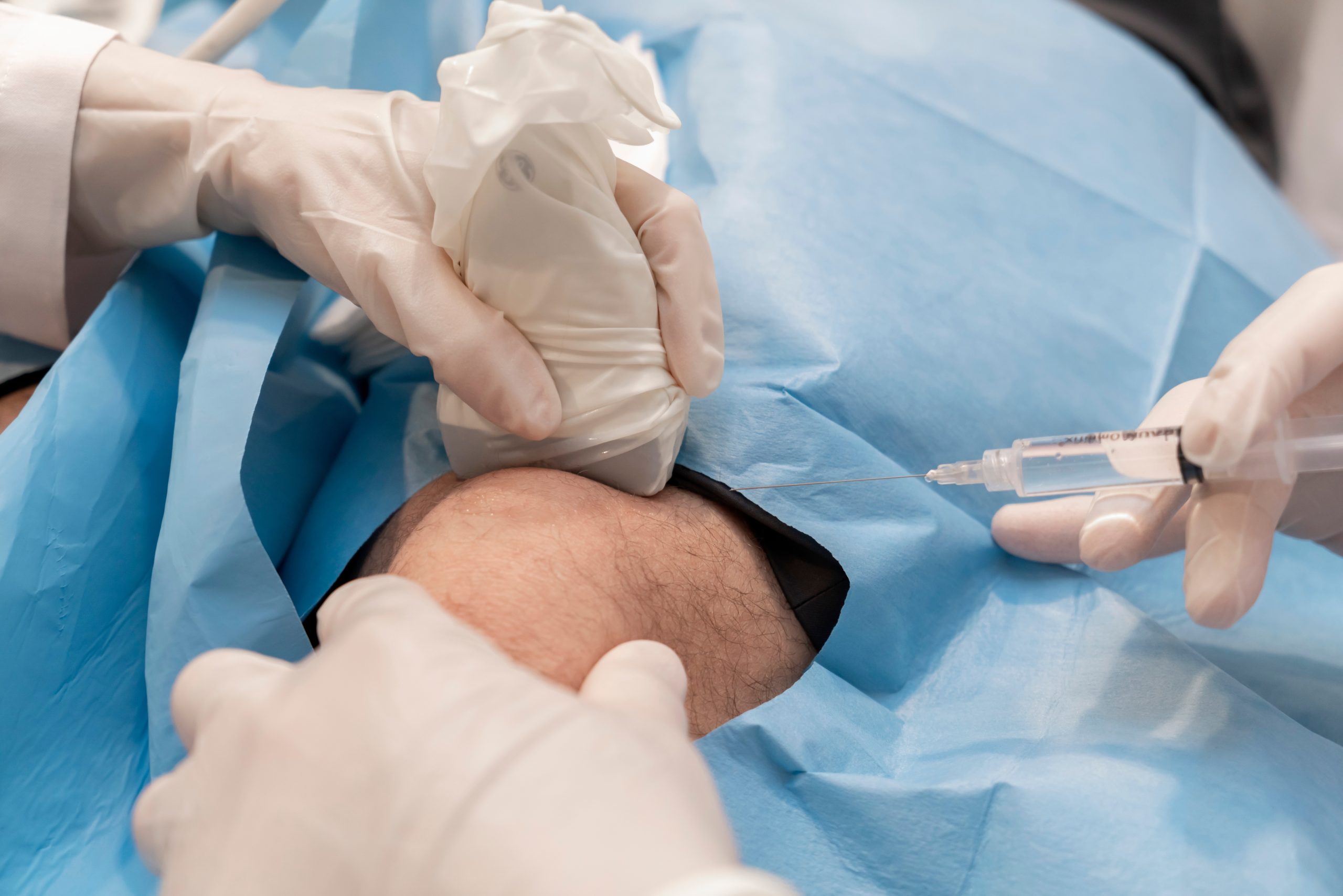



When faced with the need for cartilage replacement, patients often wonder whether artificial or natural cartilage is the better option. This article aims to provide a clear and engaging explanation of the differences between artificial and natural cartilage replacement, helping you make an informed decision about your treatment options.
Cartilage is a smooth, elastic tissue that covers and protects the ends of bones in your joints, allowing for smooth and pain-free movement. When cartilage is damaged, it can lead to pain, swelling, and limited mobility. Cartilage replacement is a procedure that aims to restore the function of the damaged joint by replacing the damaged cartilage with either artificial or natural materials.
Artificial cartilage replacement involves the use of synthetic materials to mimic the function of natural cartilage. These materials are designed to be durable and provide a smooth surface for joint movement.
Artificial cartilage is often made from materials like silicone or polyethylene, which are highly durable and can withstand significant wear and tear.
The properties of artificial cartilage are consistent, providing predictable outcomes in terms of function and longevity.
Unlike natural cartilage grafts, which may require time to harvest and grow, artificial cartilage is readily available for use in surgeries.
Over time, artificial cartilage may wear out or break down, potentially requiring revision surgery.
As with any synthetic material implanted in the body, there is a risk of infection.
Artificial materials do not integrate with the body’s natural tissues, which can affect the overall joint function.
A natural cartilage replacement, also known as autologous chondrocyte implantation (ACI) or allografts, involves using the patient’s own cartilage cells or donor cartilage to repair the damaged area.
Natural cartilage is made from the body’s own cells or donor cells, reducing the risk of rejection and infection.
Natural cartilage can integrate and bond with surrounding tissues, promoting better joint function and longevity.
Natural cartilage cells have the ability to regenerate and repair themselves over time, leading to longer-lasting results.
The process of harvesting, growing, and implanting natural cartilage can take longer, resulting in a more extended recovery period.
Not all patients are suitable candidates for natural cartilage replacement, and finding suitable donor tissue can be challenging.
The success of natural cartilage replacement can vary depending on factors such as the patient’s age, health, and the extent of the cartilage damage.
The decision between artificial and natural cartilage replacement depends on various factors, including the patient’s overall health, the extent of the cartilage damage, and the specific needs of the joint. Both options have their advantages and disadvantages, and the best choice will vary from patient to patient.
When deciding on the best option for cartilage replacement, it’s essential to consult with a specialist who can assess your specific situation and provide personalized recommendations. The decision between artificial and natural cartilage replacement should be made based on several factors. These include:
In conclusion, both artificial and natural cartilage replacements offer viable solutions for addressing cartilage damage. By understanding the benefits and drawbacks of each option, you can make an informed decision that best suits your individual needs and lifestyle. Get in touch with the London Cartilage Clinic team if you have any questions about cartilage surgeries.
Cartilage replacement is a surgical procedure to restore damaged cartilage in the joints using either artificial materials or natural cartilage grafts.
Recovery times vary depending on the type of replacement and the patient’s overall health. Artificial cartilage often has a shorter recovery period, while natural cartilage may take longer.
As with any surgery, there are risks, including infection, blood clots, and the potential for the implant to fail or wear out over time.
Yes, natural cartilage has the potential to regenerate and repair itself, which can lead to longer-lasting results compared to artificial cartilage.
A specialist will evaluate your overall health, the extent of your cartilage damage, and other factors to determine if you are a suitable candidate for natural cartilage replacement.
Costs can vary widely based on the type of replacement, the surgeon’s fees, and other associated medical expenses. It’s important to discuss these details with your healthcare provider.
All our treatments are selected to help patients achieve the best possible outcomes and return to the quality of life they deserve. Get in touch if you have any questions.
At London Cartilage Clinic, we are constantly staying up-to-date on the latest treatment options for knee injuries and ongoing knee health issues. As a result, our patients have access to the best equipment, techniques, and expertise in the field, whether it’s for cartilage repair, regeneration, or replacement.
For the best in patient care and cartilage knowledge, contact London Cartilage Clinic today.
At London Cartilage Clinic, our team has spent years gaining an in-depth understanding of human biology and the skills necessary to provide a wide range of cartilage treatments. It’s our mission to administer comprehensive care through innovative solutions targeted at key areas, including cartilage injuries. During an initial consultation, one of our medical professionals will establish which path forward is best for you.
Contact us if you have any questions about the various treatment methods on offer.
Legal & Medical Disclaimer
This article is written by an independent contributor and reflects their own views and experience, not necessarily those of londoncartilage.com. It is provided for general information and education only and does not constitute medical advice, diagnosis, or treatment.
Always seek personalised advice from a qualified healthcare professional before making decisions about your health. londoncartilage.com accepts no responsibility for errors, omissions, third-party content, or any loss, damage, or injury arising from reliance on this material. If you believe this article contains inaccurate or infringing content, please contact us at [email protected].